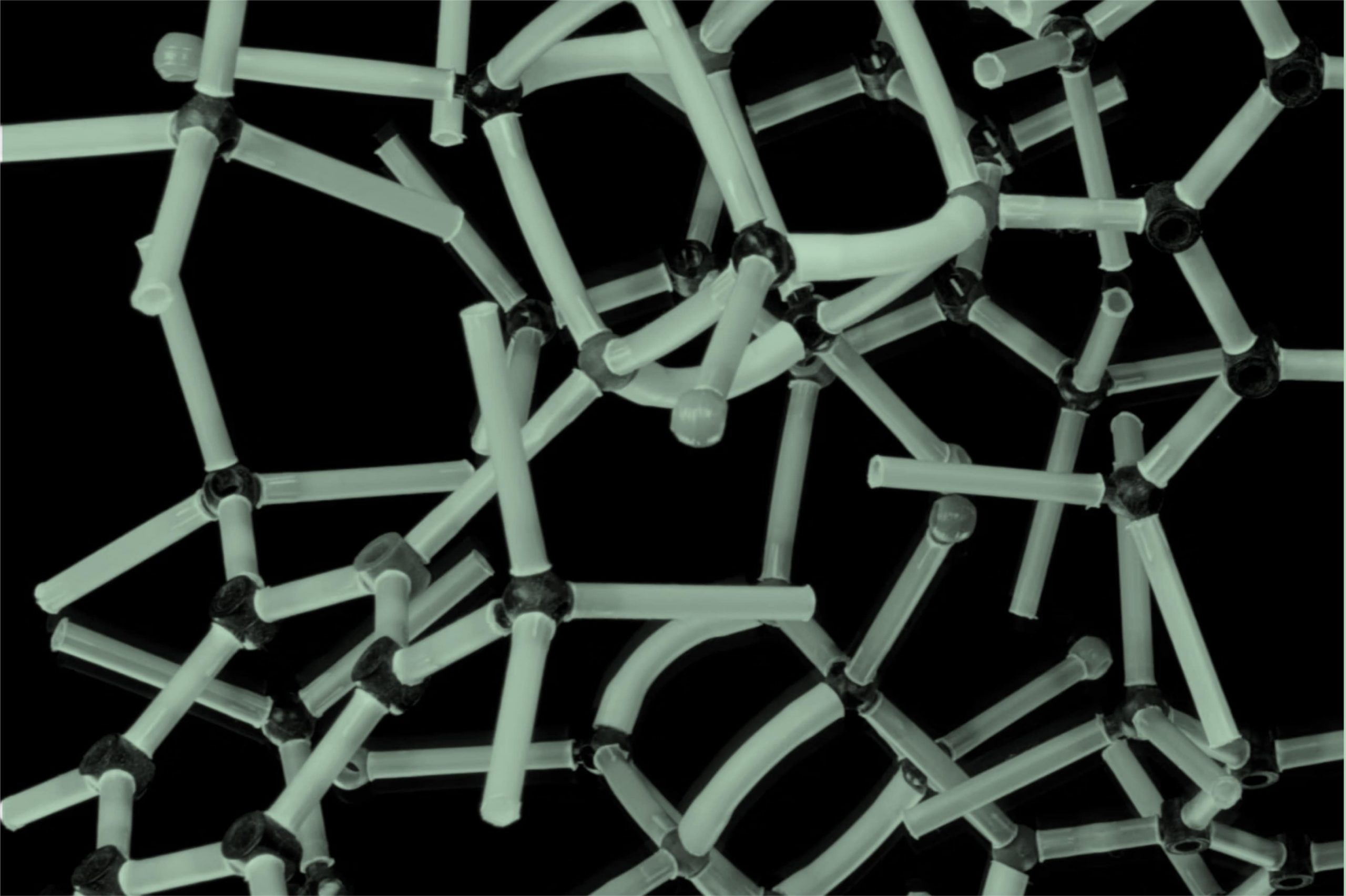Spice Route Legal

Carbon Credit Trading Scheme: An Overview
In June 2023, the Ministry of Power notified the Carbon Credit Trading Scheme (“Scheme”)1 which classifies entities into non-obligated or voluntary and obligated entities notified under the compliance scheme. Under the Scheme, the non-obligated entities are entitled to purchase carbon credit certificates voluntarily, and obligated entities are mandated to achieve GHG emission intensity targets as notified by the Ministry of Environment, Forest and Climate Change. Under the Scheme, entities that overachieve the set targets will be issued carbon credit certificates (equivalent to one tonne of carbon dioxide equivalent) and entities that fail to achieve the targets will be required to meet any shortfall by purchasing carbon credit certificates from the market. For the smooth implementation of the Scheme, several bodies have been tasked to perform the following functions:
National Steering Committee: The Scheme envisages the formation of a National Steering Committee for the Indian Carbon Market, which is empowered to recommend to the Bureau of Energy Efficiency (BEE) for the formulation and finalisation of procedures for institutionalising the Indian carbon market. In addition, it also assists with the formulation and finalisation of the rules and regulations for the functions of the Indian carbon market, formulation of specific greenhouse gas emission targets for the obligated entities to issue carbon credit certificates and development of the process or conditions for crediting period or renewal or expiry of carbon credit certificate.
Administrator: As per the Scheme, BEE shall act as the administrator of the Indian Carbon Market. As the administrator, the Bureau shall discharge functions such as –
- Identifying sectors and potential for reduction of greenhouse gas emissions;
- Recommending the inclusion of such sectors to the Ministry of Power in the Indian carbon market;
- Developing trajectory and targets for the entities under compliance mechanism;
- Issuing the carbon credits certificate based on the recommendation of the National Steering Committee for the Indian carbon market and subsequent approval of the Central Government;
- Developing market stability mechanism for carbon credits; and
- Accrediting the agencies in accordance with the approved procedure for accredited carbon verification agency.
Regulator: The Scheme directs the Central Electricity Regulatory Commission (“CERC”) to act as a regulator. It also directs the power exchanges to act as the platform for trading activities for the Indian carbon market. Its main functions include safeguarding the interest of both sellers and buyers, regulating the frequency of carbon credit certificates trading, providing market oversight, and taking necessary preventive and corrective actions to prevent fraud or mistrust.
Registry: The Grid Controller of India shall be the registry for the Indian Carbon Market and is responsible for complying with the directions issued by the BEE. Its main functions include registering obligated or non-obligated entities, maintaining a secure database with all security protocols, and sharing transaction records with power exchanges and BEE.
Accredited Carbon Verification Agency: There shall be accredited carbon verification agencies for verification activities under the Scheme. These agencies shall be provided accreditation by BEE with prior approval of the Central Government and on the recommendations of the National Steering Committee.
DETAILED PROCEDURE FOR COMPLIANCE MECHANISM
In November 2023, BEE introduced a draft detailed procedure under the Scheme for the compliance market.2 Under the detailed procedure, obligated entities will be informed of their annual GHG emissions targets for three years, subject to revision after the cycle’s conclusion. Obligated entities must adhere to these targets, and those exceeding them earn carbon credits, while those falling short can purchase carbon credits. To this end, obligated entities are required to implement transparent, independent, and credible monitoring and reporting arrangements for GHG emissions.
The detailed procedure categorises GHG emissions into three components: (i) Direct emissions (originating from sources owned or controlled by the obligated entity); (ii) Direct process emissions (resulting from industrial processes unrelated to combustion); and (iii) Indirect emissions (occurring as a consequence of the obligated entity’s activities but taking place outside its boundary). Once GHG emissions are verified for an obligated entity through a detailed and thorough process, the BEE is authorised to issue carbon credit certificates to the obligated entity.
After the issuance of carbon credit certificates, obligated entities are required to register themselves on the Indian carbon market registry within four weeks, to get the equivalent carbon credit certificates credited into the respective obligated entity registry account. Non-obligated entities interested in purchasing carbon credits may also register. Once registered, entities can trade carbon credit certificates on power exchanges, in accordance with the procedure defended by the CERC. In addition to dealing with the issuance and trading of carbon credit certificates, the detailed procedure also allows for the banking of certificates wherein obligated entities may bank the additional/balance carbon credit certificates from a compliance cycle for use in subsequent cycles. These banked certificates are also permitted to be sold to other obligated entities or non-obligated entities.
AMENDMENT TO THE SCHEME
Further, on 19 December 2023, the Ministry of Power amended the Scheme directing the BEE, to develop standards and register projects under an offset mechanism.3 Post the amendment, BEE has an added responsibility to validate carbon credits. The amendment introduces an “offset mechanism” that allows the non-obligated entities to register decarbonisation projects and actively contribute to generating carbon credits. These non-obligated entities can register their projects as per the published sectoral methodologies for greenhouse gas emission reduction, removal, or avoidance for seeking issuance of Carbon Credit Certificates.
WAY FORWARD
As per India’s updated NDCs under the Paris Agreement, it now stands committed to reducing the emissions intensity of its GDP by 45% by 2030 and achieving about 50% cumulative electric power installed capacity from non-fossil fuel-based or sustainable energy resources by 2030.4 In addition, India is also taking steps for the development of the domestic compliance market as well as towards international cooperation in accordance with Article 6 of the Paris Agreement. Given India’s ambitious goals, expansion and standardisation of the Indian carbon market is a pressing need.
To summarise, once the detailed procedure introduced by BEE is implemented, it will mark a significant step in establishing a robust carbon credit trading program in India. With a focus on annual targets for obligated entities, categorised emissions, and a meticulous calculation process, the framework provides a comprehensive approach. The transparent monitoring, verification, and reporting mechanisms, overseen by accredited agencies, ensure adherence to GHG emission intensity targets. The registration and trading of carbon credits on the Indian carbon market add a practical dimension to the program. Overall, the initiative holds the potential to promote sustainable energy resources, reduce emissions, and contribute to India’s commitment to environmental responsibility.
If you would like to know more about the carbon credit trading scheme, get in touch with our dedicated energy lawyers in India at contactus@spiceroutelegal.com.
[1] Available at: https://beeindia.gov.in/sites/default/files/CCTS.pdf
[2] Available at: https://beeindia.gov.in/sites/default/files/Draft_Compliance_Procedure_October_2023.pdf
[3] Available at https://beeindia.gov.in/sites/default/files/CCTS%20Notification.pdf
[4] Available at https://pib.gov.in/PressReleaseIframePage.aspx?PRID=1847812
This website is owned and operated by Spice Route Legal, and is exclusively meant to be a source of information on the firm, it’s practice areas, and its members.
It is not intended and should not be construed as any form of advertisement, solicitation, invitation or inducement of any sort from the firm or its members.
Spice Route Legal does not warrant that any information provided on the website is accurate, complete or updated, and further denies liability for any and all loss or damage caused to the user as a result of their reliance on the content provided.
The information made available on this site must in no way be relied upon, or construed, as legal advice. If you need legal assistance, we recommend you seek help from competent counsel licensed to practice and advise in the relevant jurisdiction.






